US judge refuses to block Dakota pipeline despite protests
A US judge has rejected a legal challenge by Native American tribes and environmental activists to stop the Dakota Access Pipeline, after President Donald Trump ordered the controversial project to continue.
Judge James Boasberg of the US District Court for the District of Columbia rejected the tribes' request for an injunction to halt the go-ahead last month by the Army Corps of Engineers for the last link of the pipeline in North Dakota.
In February, the Army Corps said it would allow the final 1.5 miles of the more than 1170-mile (1,885-km) pipeline to go under the Missouri River north of a drinking water reservation used by Native Americans.
Led by the Standing Rock Sioux, more than 100 Native American tribes have warned that the planned path would destroy their sacred sites and contaminate their water.
The Army Corps’s green-light came days after Trump signed an executive order clearing the way for the completion of the $3.8 billion pipeline, which moves crude oil from the Northern Plains to the Gulf of Mexico.
Energy Transfer Partners, the company behind the pipeline, needed only to cross beneath Lake Oahe to complete the four-state pipeline.

The Standing Rock Sioux and the Cheyenne River Sioux asked the court to block the project and prevent contamination of water that they use for religious ceremonies.
The two tribes argued in their court filings that DAPL symbolizes a “terrible black snake” that, according to an ancient prophecy, would render their waters impure. They also said they would not be able to use other water resources in the region as they were already polluted because of mining over the past decades.
Calling the request to block the project “extraordinary,” Boasberg said the arguments presented to the court were unsatisfactory. He also questioned the Cheyenne Sioux’s silence over the past two years despite knowing the project’s path.
Read More:
- Dakota protesters arrested, camp set on fire
- Judge denies request to block Dakota pipeline
- Dakota Access protests held across US
“The tribe is disappointed in the court’s decision,” Cheyenne River’s lawyer Nicole Ducheneaux told reporters, saying that the ruling showed the government’s ignorance towards Native Americans’ sacred beliefs.
Chase Iron Eyes, lead counsel for the Lakota People's Law Project, said the decision was “unacceptable” and warned that the pipeline threatened the drinking water of 17 million people downstream.
Meanwhile, Energy Transfer said it was pleased with the ruling and planned to start pumping oil through DAPL in the coming days.
Houthi: US complicit in all Israeli crimes against Palestinians in Gaza
‘Europe could die’, President Macron warns at Sorbonne University
Palestinians released from Israeli jails recount horrible ordeal
'Unprecedented': Thousands of flights cancelled in Europe amid strike
Iran urges US to stop support for Israel as university revolt spreads
Gaza faces imminent famine as people starving to death: UN warns
North Korea to stand up to sanctions, bolster military power: Official
Hezbollah says 2,000 Israeli forces killed, injured in operations since Gaza war began


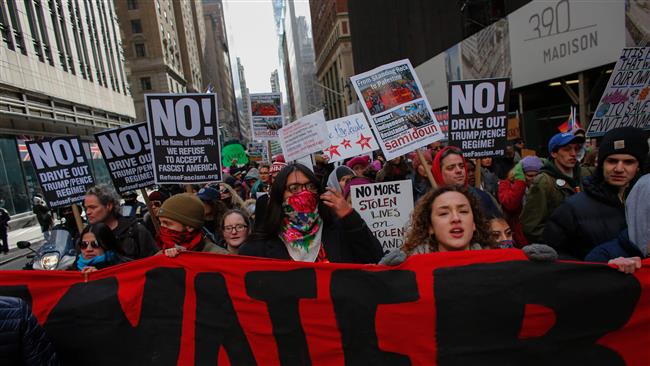

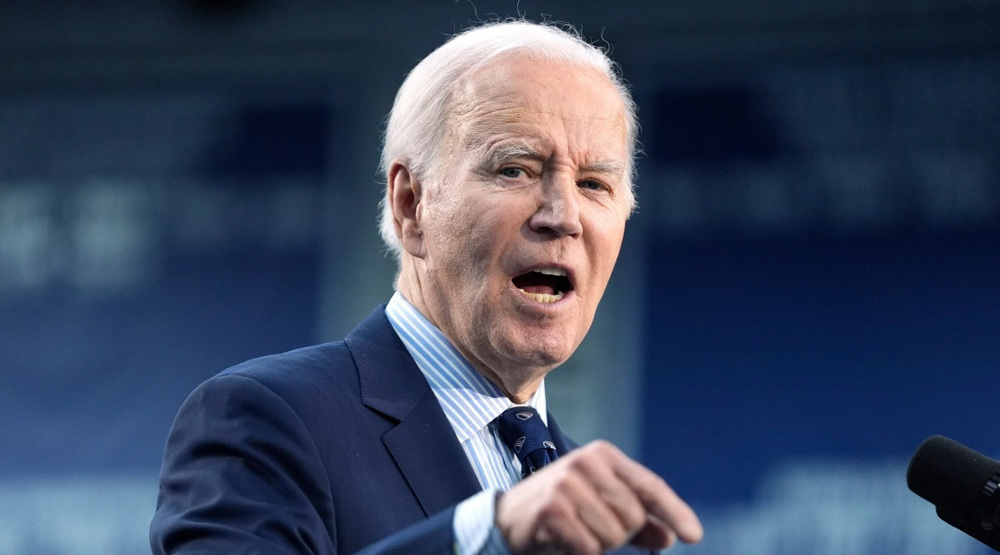




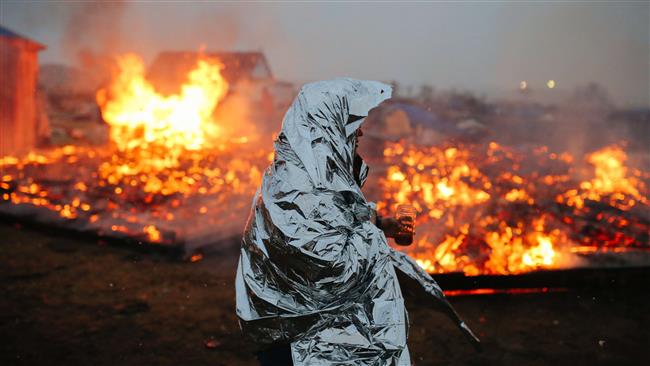
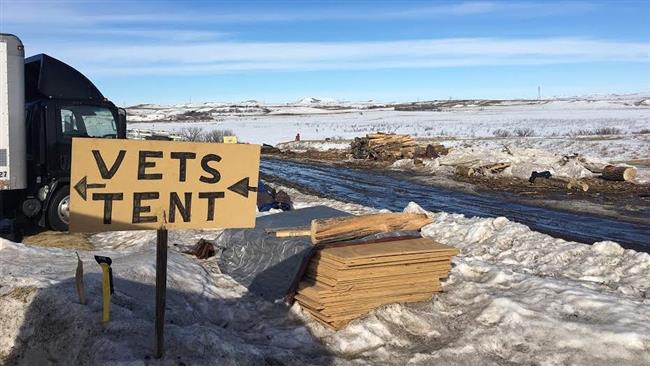
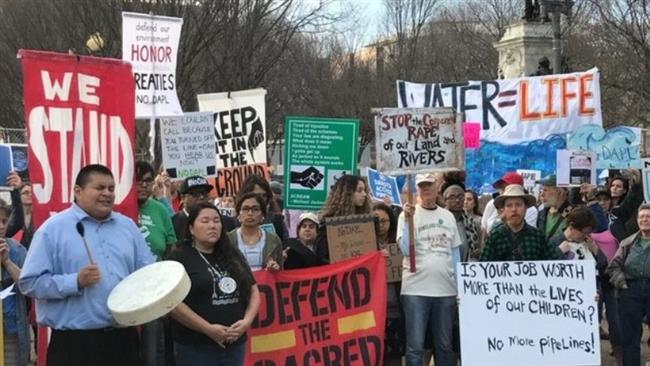
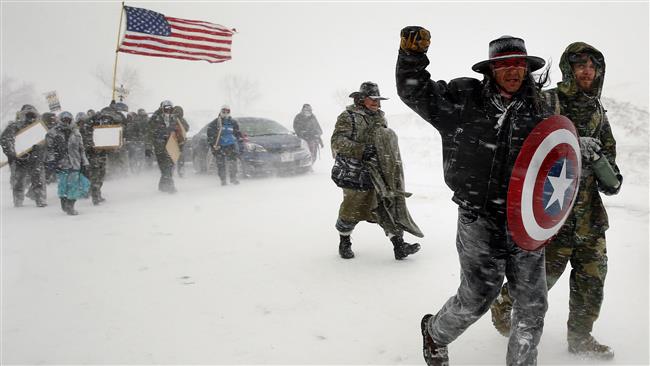


 This makes it easy to access the Press TV website
This makes it easy to access the Press TV website